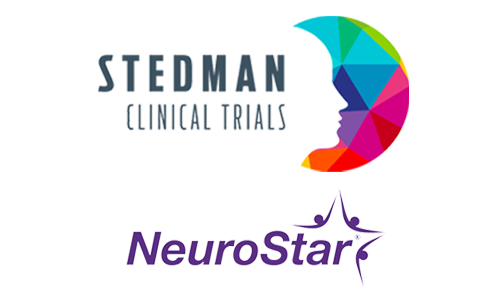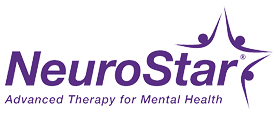
TMS Therapy for Depression in Tampa
TMS Therapy for Depression
TMS therapy for depression was approved by FDA in 2008 but has been
in use since the 1980s. TMS therapy for depression gives back hope to
patients who are looking for an alternative treatment after the failure
of other treatments such as antidepressants.
TMS (Transcranial Magnetic Stimulation) therapy has continued to gain
popularity because of its effectiveness. It has successfully been used
on many patients.
TMS therapy for depression is done in approximately 30 sessions. It
is most effective when done consecutively for 5 days a week over a
period of 6 to 8 weeks in order to avoid a recurrent depression
episode.
You should only do TMS therapy in a recognized clinic.
How TMS Therapy for Depression Works
TMS therapy for depression is a treatment that uses an
electromagnetic coil that is placed against your scalp. The coil
releases magnetic energy. Your doctor determines the amount of magnetic
energy required for your treatment. The coil is switched on and off
repeatedly to create magnetic pulses that are sent to your brain to
stimulate nerve cells. The treatment targets a specific part of your
brain that is responsible for managing your depression symptoms.
TMS Therapy for Depression Vs. Other Treatments
TMS Therapy vs. Deep Brain Stimulation & Vagal Nerve
Stimulation
Deep Brain Stimulation treatment is invasive as it involves
implanting electrodes in your brain. Vagal Nerve Stimulation is also
invasive. TMS therapy is non-invasive. The magnetic fields released in
TMS therapy do not leave damage in the path they follow to your
brain.
TMS Therapy vs. Antidepressant Medications
TMS therapy is not addictive, while some antidepressants are known to
cause addiction when used often. After TMS therapy is completed, the
patient continues with their normal life.
TMS therapy has very minimal side effects. Antidepressant medicines
have side effects such as severe headaches, stomach issues, weight gain,
etc. TMS therapy has minimal side effects such as mild discomfort in the
area where the magnetic coil is placed and sometimes mild headaches.
Depression interferes with your mood, emotions, and how you act or
react to situations. Depression can even be life-threatening, get help
today at our clinic.



